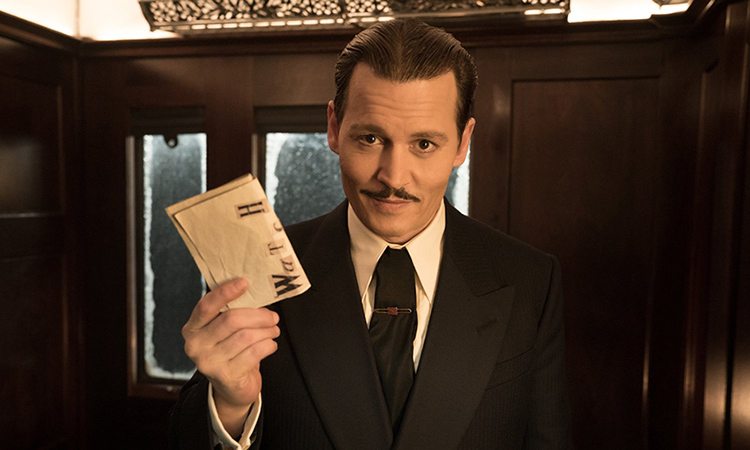There are three camps of people that will see 2017’s “Murder on the Orient Express”: those familiar with Agatha Christie’s original novel, fans of the classic 1974 adaption with Albert Finney (and Lauren Bacall and Ingrid Bergman and Sean Connery and—come to think of it, maybe there’s a reason this remake is so annoyingly star-studded), and young folks who saw a slick trailer with an Imagine Dragons song and decided to give up a Saturday night. Most of these people will unite in their disappointment.
Director Kenneth Branagh is an unbelievably talented artist, and to his Shakespeare performances and adaptions I am forever indebted. But “Murder on the Orient Express” is the latest in his unintentional, ongoing proof that his brilliance doesn’t shine through every genre of cinema. “Thor” was a mediocre venture into superhero movies, his try at action faltered with “Jack Ryan: Shadow Recruit”, and now this film is here to ensure Branagh (hopefully) won’t adapt a classic caper again.

The movie follows world-famous detective Moustache L’Frenchman—er, Hercule Poirot—as he travels from Jerusalem to France on the Orient Express, a train as free from tragedy as the Titanic. Curious characters line the rooms of the locomotive: personalities that would probably be more intriguing if they didn’t comprise a carousel of celebrities. Before you can complete famous face bingo, one of them ends up dead, and it’s up the world’s most conveniently located detective to solve the mystery.
It’s not up to you though, dear audience member. This iteration of “Murder on the Orient Express” joins the tradition of mystery movies that fail to build a solvable case for the viewer. It offers very few visual, thematic, or narrative hints that let viewers think ahead and put clues together for themselves—it robs the mystery of mystery, and consequently of fun. The murder is solved in front of you rather than by you: information is primarily divulged in expository speech and only interpreted when Poirot’s unstoppable brain allows it. This is an unsubtle procedural, not an exciting enigma.
Branagh’s direction ranges from limp to offensive. His cast tries too hard to be old Hollywood: Johnny Depp, Michelle Pfeiffer, and Josh Gad rise above to different extents, but everyone else comes off as too… performative, like they’re imitating the 1974 cast too closely. Branagh’s visual style wants to be avant-garde, but the result is overdone. The cinematography is full of obnoxious choices: train walls obscuring a long tracking shot; a dramatic reveal seen entirely from bird’s eye view for no discernible reason.
The screenplay is still structured competently and Branagh gives his own central performance his all, so the film never dips into terrible territory. The third act comes close: it’s meant to be an emotional denouement, but it comes off as empty drama. It’s hard to care about a finale when the lead-up feels like a hollow shell of the original story; an uninspired remake with uglier shots. “Murder on the Orient Express” chugs along serviceably enough, just without stimulating the head or the heart.
★★ (2/5)




